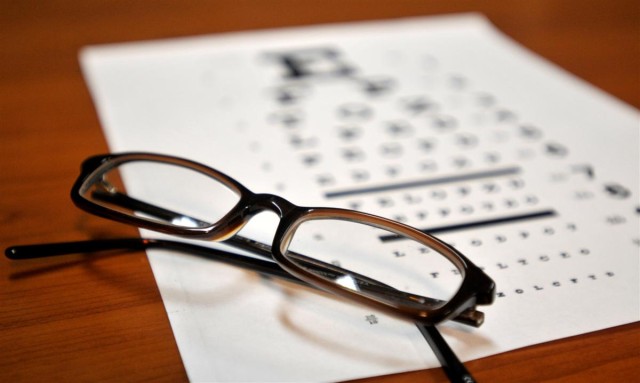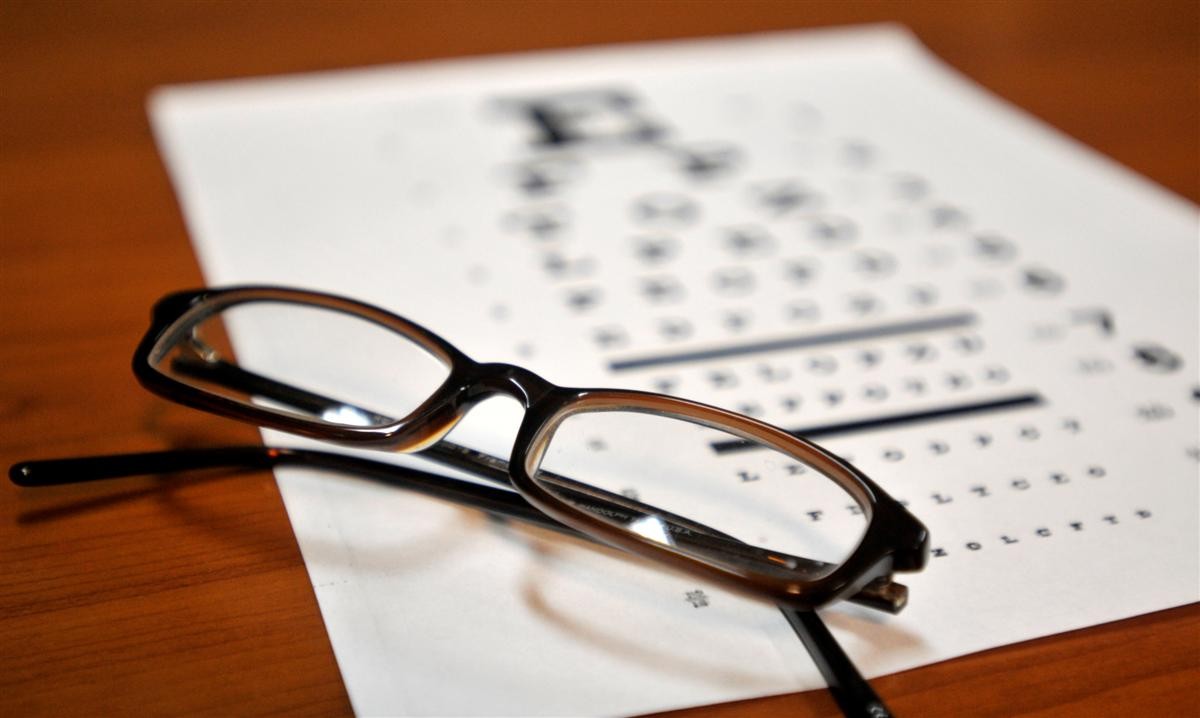JOINT BASE BALAD Iraq - The 165th Medical Detachment offers a variety of optometry and optical services, six days a week at Joint Base Balad, and Camp Taji, Iraq.
The Phipps Troop Medical Center optometry office at JBB and the location at Camp Taji, by the south dining facility, are open from 9 a.m.to 4 p.m. - closed from 12 p.m. to 1 p.m. for lunch - Monday through Friday, and Saturday from 9 a.m. to 12 p.m.
These locations offer spectacle ordering and adjusting, optical fabrication, physicals, routine care, and acute and emergency eye care support, said Capt. Jin Ha, team chief for the 165th Med. Det. out of Fort Bragg, N.C.
The unit also conducts missions to smaller contingency operating locations that do not have eye care support, he said.
"We have mobile equipment and fly out for two to four-day missions," said Ha, a Queens, N.Y., native. "Most missions will support 100 to 300 Soldiers, so they don't have to convoy through dangerous terrain to see us."
He said the unit is small, with one optometry officer, one medic and one optical fabricator at each location. The unit's two locations process roughly 40 to 50 service members a day, he said.
The three-man teams still have to maintain regular administrative duties, and tend to get backlogged, so service members should make early visits, said Ha.
After the 165th makes a pair of glasses for a service member, the prescription is input into the spectacle request transmission system, said Ha.
The SRTS then inputs the prescription into the Eyewear Replacement in Theater (G-Eyes) program, which is an online site where service members can order their prescription glasses, he said.
The Web site can be found at https://g-eyes.amedd.army.mil/.
Service members should seek an eye exam if they suffer from headaches or eye strain, frequently change glasses for different uses, suffer from variations in visual acuity or have suffered trauma on or near the eyes, said Col. Rick Wahl, command surgeon for the 13th Sustainment Command (Expeditionary) and a Fountain, Colo., native. Any abrupt changes in vision, such as blind spots, straight lines appearing wavy, tunnel vision or loss of ability to see dim lights, should indicate the need for an exam, he said.
"An incorrect prescription could cause blurred vision and headaches or eyestrain from overuse of muscles, which change the refractive power of the lens in the eye," he said.


Social Sharing